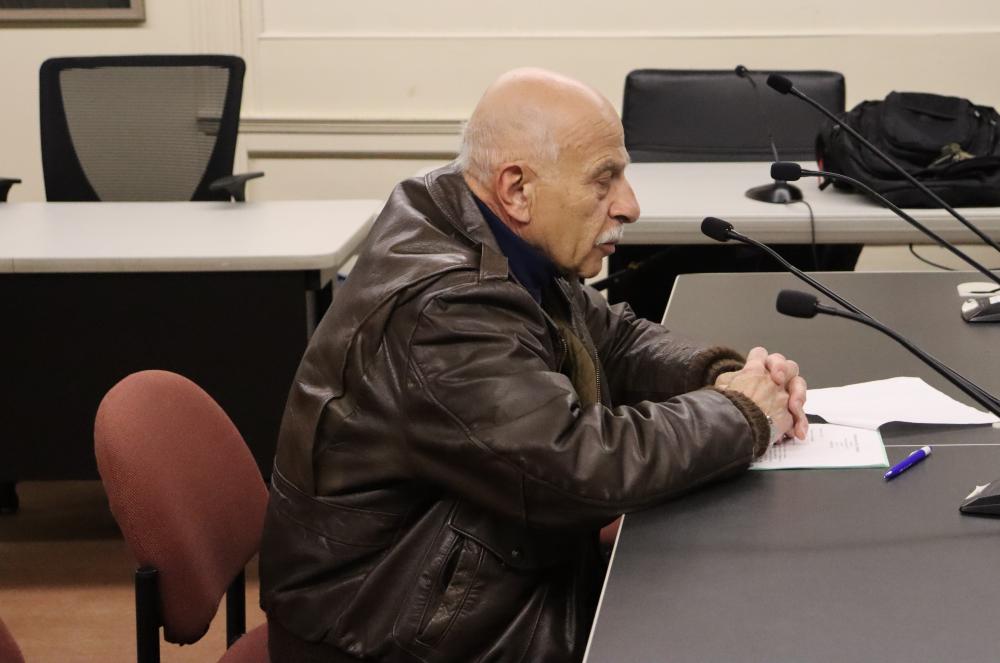Sewer moratorium stymies Housing Authority project
An affordable housing project from the Wareham Housing Authority has so far failed to overcome the hurdle of Wareham's sewer moratorium.
The Sewer Commission refused to grant the Housing Authority an exception from the moratorium, which prohibits new connections to the town's sewer system or any addition of flow into the system. Commissioners said they needed more information about the town's sewer capacity before they could consider altering the moratorium.
The Housing Authority plans to construct two duplexes, a total of four units, on its Sandwich Road property. Each unit will house a maximum of two people, and will be part of the Housing Authority's affordable housing for seniors.
The project first received funding from Town Meeting in 2016. It has since received most of the planning and the permits it needs for construction — apart from permission from the Sewer Commission to connect to municipal sewer.
Robert Powilatis, chair of the Housing Authority's board, represented the project at a Thursday, Jan. 11 meeting of the Sewer Commission, asking for an exception to the moratorium.
"We feel that with [the project's] minimal amount of usage, this would have almost no impact on the additional flow of the sewer system," said Powilatis. He also emphasized the Housing Authority's mission of housing the low income, the elderly, the disabled and veterans.
The Commissioners discussed whether the moratorium applied to the project, but found no grounds for an exception.
"The moratorium has our hands tied," said Sewer Commissioner Peter Dunlop. "We can accept no additional flows."
After discussing the Housing Authority's request, the Sewer Commission discussed what would need to happen before it considered lifting or offering exceptions to the moratorium.
The Sewer Commission put the moratorium in effect in April 2022, when a survey of the town's sewer capacity from engineering consultants GHD showed Wareham's sewer system was running at above 80% capacity, accounting for current and committed flows. Continuous operation above that threshold would trigger review from the Department of Environmental Conservation.
Sewer Director Scott Kraihanzel said when he joined the town, he was told the moratorium had been put in place pending the completion of upgrades to the town's sewer system. The plant has received upgrades since that time.
"The upgrades that were completed [since the moratorium], the additional [nitrogen] filters and the lagoons have allowed the flexibility of the plant for higher flows," Kraihanzel said.
GHD consultant Marc Drainville said, "You're in a better position than you were three years ago," at the time of the town's first sewer moratorium.
The plant's permit requires the town to have a plan for improvement if the plant hits the 80% threshold, Drainville said. He explained that the town has a plan for improvement in place today, where it did not three years ago.
The Sewer Commission agreed to ask GHD to update its evaluation of the sewer plant’s capacity. With that information, the Commission could make an informed decision about whether to change or amend the moratorium, members said.











